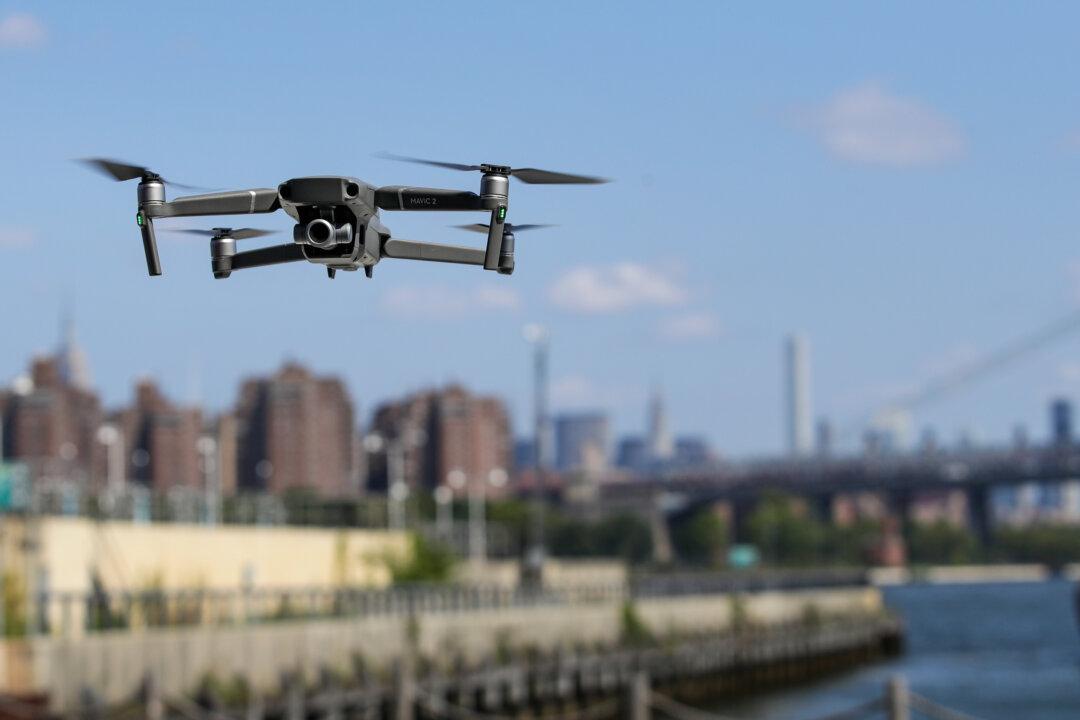Top officials from the Department of Homeland Security (DHS) and the Department of Justice (DOJ) are warning Congress to modernize obsolete federal laws to help curb the increasing threat of drone attacks from terrorists or drug cartels.
DHS Secretary Kirstjen Nielsen said in a statement that new legislation must be passed immediately. The DHS is hoping to gain more legal powers to stop any future attacks.





